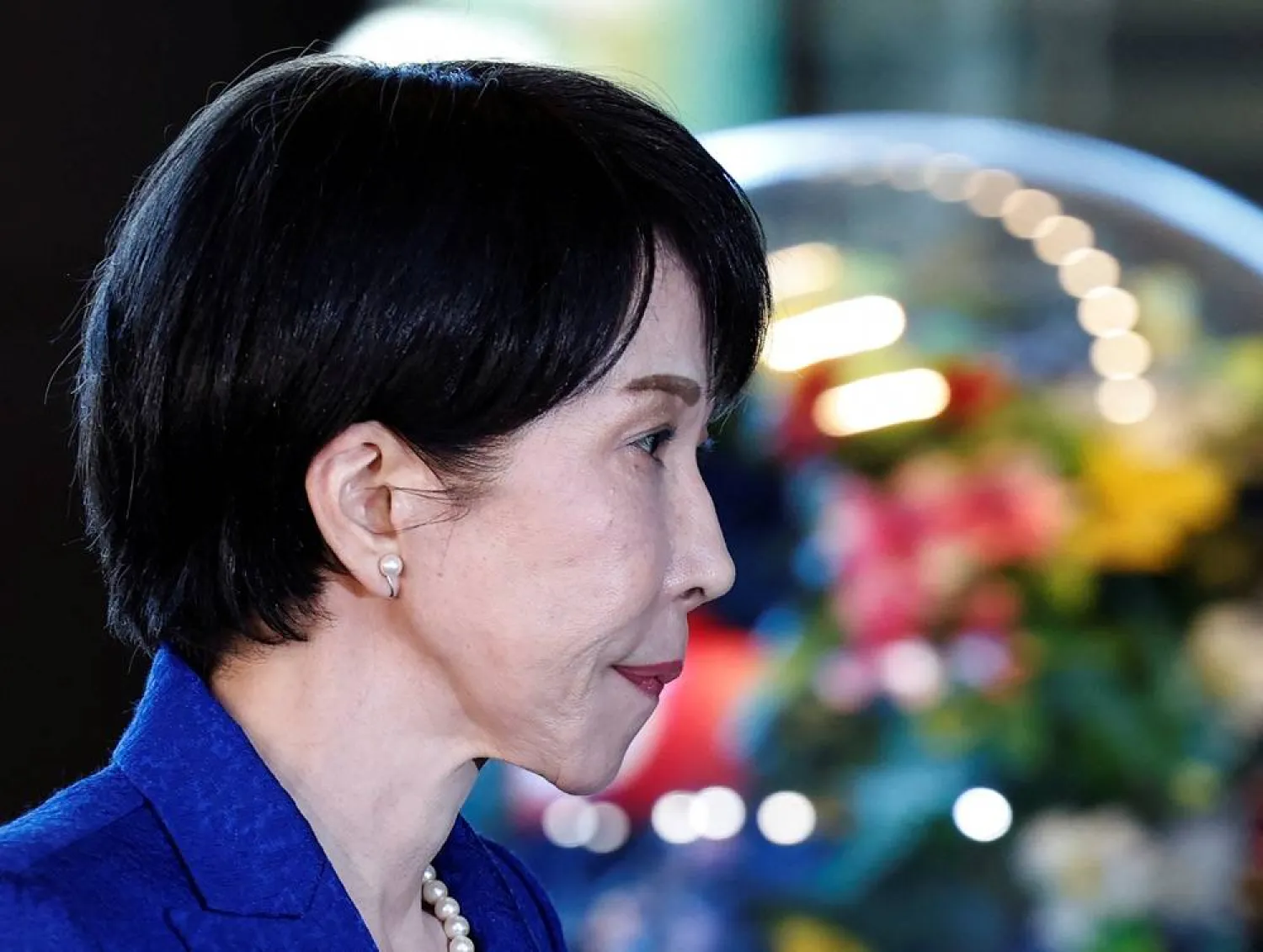Somali President Hassan Sheikh Mahmoud accused Iran of interfering in his country, at a time when the US military announced that it had killed two members of the extremist Al-Shabaab movement, in an airstrike on a remote area near Haratiri, 396 km northeast of Mogadishu.
Somali media quoted Sheikh Mahmoud as telling the Somali Scholars Conference on Tuesday that the country’s intelligence service monitored Iranian moves to spread Shiite ideologies during his first presidential term that ended in 2017.
The Somali president added that Iran was implementing a “subversive agenda” through relief efforts, pointing to the involvement of Iranian diplomats and officials of humanitarian organizations in the case.
Referring to “compelling evidence”, Sheikh Mahmoud said that he decided at the time to prohibit any Iranian presence in the country, by closing the Iranian embassy, and banning the activities of the Iranian Red Crescent and the Khomeini Charitable Foundation.
Meanwhile, at least one person was killed when a car exploded at the Sinai intersection in Mogadishu, on Tuesday morning. Several mortar shells fell near the headquarters of the Somali Presidency and the Ministry of Information.
According to local sources, one of the shells hit a primary school near the headquarters of Hamarween district in Mogadishu, injuring three people. No one has claimed responsibility for the attack.
Also on Tuesday, the United States reported conducting a new airstrike against Al-Shabaab in Somalia, killing two militants.
In a statement, the US military’s Africa Command (AFRICOM) said it carried out a “collective self-defense” strike against al-Shabaab following a request from the Somalian government.
The strike was in support of Somali National Army engagements against Al-Shabaab, AFRICOM said.
“At the request of the Federal Government of Somalia and in support of Somali National Army engagements against al-Shabaab, US Africa Command conducted a collective self-defense strike on Jan. 23, 2023. The strike occurred in a remote area near Xaradheere, Somalia, approximately 396 km northeast of Mogadishu where Somali forces were conducting operations,” the statement read.
It added: “The initial assessment is the strike killed two al-Shabaab terrorists. Given the remote location of the operation, the initial assessment is that no civilians were injured or killed.”









